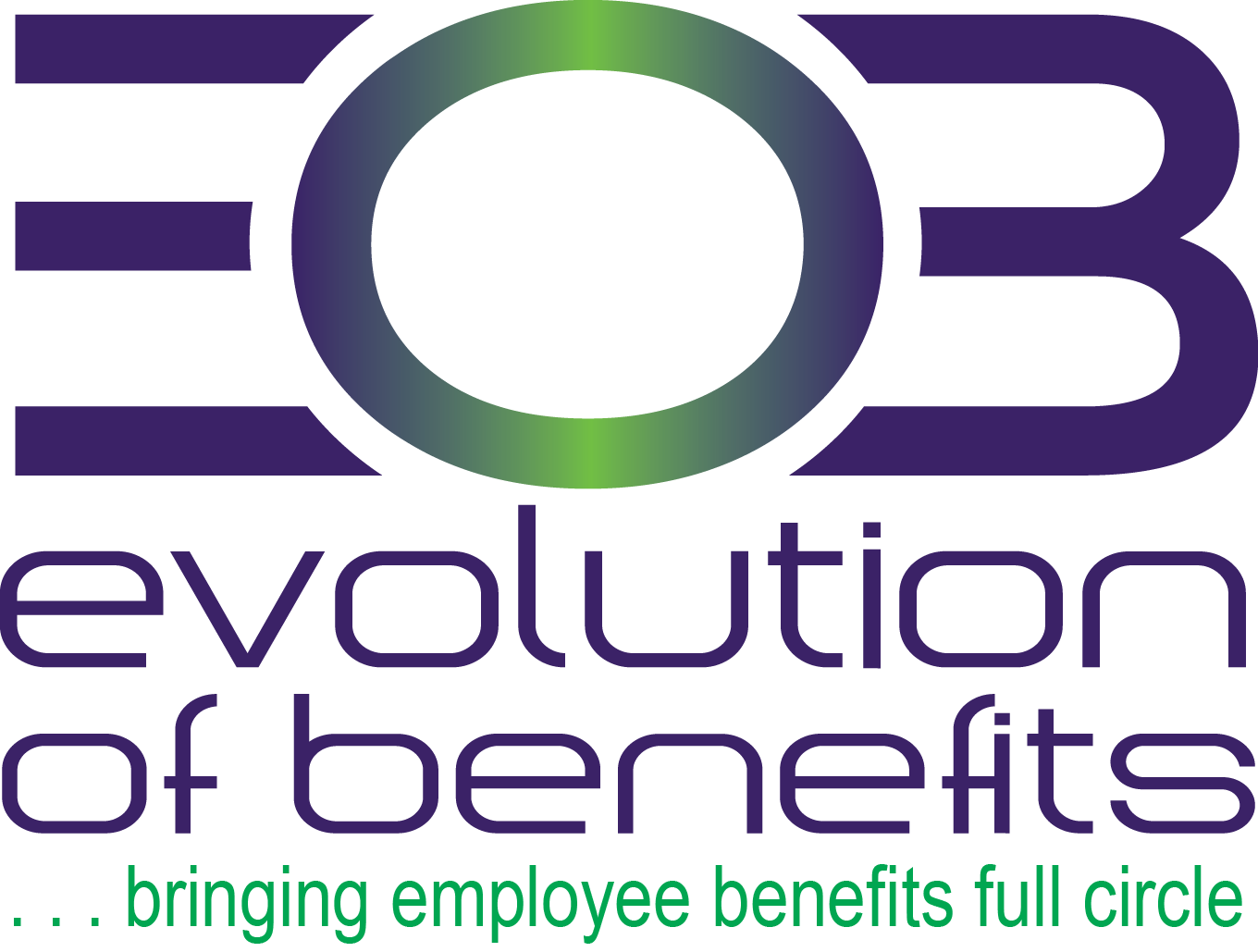HR Compliance Bulletin: DOL Updates Q&As on COVID-19 and the FMLA

Highlights
Serious Medical Condition
Employees may be entitled to leave for their own or a family member’s COVID-19 illness if it constitutes a “serious medical condition” under the FMLA.
FFCRA Leave Enforcement
The DOL will enforce the FFCRA for leave taken or requested between April 1, 2020 and Dec. 31, 2020.
Extension of FFCRA Tax Credits
The American Rescue Plan Act extended tax credits for employers who voluntarily provide FFCRA leave through Sept. 30, 2021.
Child Care Leave
Federal law does not mandate leave to care for a healthy child. The FFCRA required leave for certain COVID-19-related child care through Dec. 30, 2021.
Testing Before Returning to Work Employers may require a COVID-19 test before employees return to work from FMLA leave if it is nondiscriminatory.
Click here to view and download the latest HR Compliance Bulletin
Posted on May 21, 2021 by Evolution of Benefits
Illinois Expands Sick Leave Act for Personal Care of Family Members

Workers may use their sick leave for relatives’ medical, hygiene, nutrition and safety needs, and for related transportation and emotional support.
Posted on May 21, 2021 by Evolution of Benefits
IRS Issues Guidance on Taxability of DCAP Benefits for 2021, 2022

General Rules
- Carryovers of unused DCAP amounts typically are not permitted, although a 2½ month grace period is allowed.
- However, recent coronavirus-related relief allows employers to amend their plans to permit the carryover of unused DCAP amounts to plan years ending in 2021 and 2022, or to extend the permissible grace period to plan years over the same period.
Posted on May 21, 2021 by Evolution of Benefits
IRS Issues Guidance on American Rescue Plan’s COBRA Subsidy

The COBRA Subsidy
The ARPA subsidy covers 100% of COBRA and state mini-COBRA premiums from April 1–Sept. 30, 2021, for certain assistance-eligible individuals whose work hours were reduced or whose employment was involuntarily terminated. The subsidy is funded via a tax credit provided to employers, insurers or group health plans, according to the terms of the statute.
The IRS Guidance
Among the topics covered by the 40-page Notice are how to calculate and claim the tax credit, including when a third-party payer is involved. According to the guidance, employers must document individuals’ eligibility for COBRA premium assistance in order to claim the credit.
Posted on May 21, 2021 by Evolution of Benefits
Allergies vs COVID-19

Posted on May 21, 2021 by Evolution of Benefits
News Brief: CDC Guidance for Fully Vaccinated People and Unvaccinated People

CDC Guidance for Fully Vaccinated People
According to the agency, people are considered fully vaccinated two weeks after their second dose in a two-dose vaccine series, like the Pfizer or Moderna vaccines. They are also considered fully vaccinated two weeks after a single-dose vaccine, like the Johnson & Johnson vaccine.
The most notable update from the CDC’s new recommendations is that those who are fully vaccinated can resume indoor and outdoor activities without wearing masks or physically distancing, except where required by federal, state, local, tribal or territorial laws, rules and regulations, including local business and workplace guidance. In addition, this new CDC guidance says fully vaccinated people can:
- Resume domestic travel and refrain from testing before or after travel, or self-quarantine after travel
- Refrain from testing before leaving the United States for international travel (unless required by the destination) and refrain from self-quarantine after arriving back in the United States
- Refrain from testing following a known exposure, if asymptomatic, with some exceptions for specific settings
- Refrain from quarantine following a known exposure if asymptomatic
- Refrain from routine screening testing if feasible
- For now, the CDC recommends that fully vaccinated people continue to get tested if they are experiencing COVID-19 symptoms.
CDC Guidance for Unvaccinated People
According to the CDC, unvaccinated people should continue to take preventive steps, such as wearing a mask and practicing social distancing.
However, according to the agency, it’s safe for those unvaccinated people to walk, run or bike outdoors with members of their household without wearing a mask.
In addition, the agency says it is safe to take off the mask when attending a small, outdoor gathering with fully vaccinated family and friends.
Next Steps
As the CDC learns more, it will continue to update its recommendations for vaccinated and unvaccinated people. To learn more, the agency offers resources for choosing safer activities for both fully vaccinated and unvaccinated people.
We will keep you updated on noteworthy developments.
Posted on May 21, 2021 by Evolution of Benefits
HR Compliance Bulletin: HSA/HDHP Limits Increase for 2022

On May 10, 2021, the IRS released Revenue Procedure 2021-25 to provide the inflation-adjusted limits for health savings accounts (HSAs) and high deductible health plans (HDHPs) for 2022. The IRS is required to publish these limits by June 1 of each year.
Highlights:
Each year, the IRS announces inflation-adjusted limits for HSAs and HDHPs.
• By law, the IRS is required to announce these limits by June 1 of each year.
• The adjusted contribution limits for HSAs take effect as of Jan. 1, 2022.
• The adjusted HDHP cost-sharing limits take effect for the plan year beginning on or after Jan. 1, 2022.
Employers that sponsor HDHPs should review their plan’s cost-sharing limits (minimum deductibles and maximum out-of-pocket expense limit) when preparing for the plan year beginning in 2022. Also, employers that allow employees to make pre-tax HSA contributions should update their plan communications for the increased contribution limits.
Click here to view and download the latest HR Compliance Bulletin
Posted on May 21, 2021 by Evolution of Benefits
Remainder of 2022 Notice of Benefit and Payment Parameters Finalized

On May 5, 2021, the Department of Health and Human Services (HHS) published a second Notice of Benefit and Payment Parameters (NBPP) for 2022 that finalized the remainder of the standards included in the proposed notice issued at the end of 2020. The first final 2022 NBPP was published Jan. 19, 2021.
This second NBPP describes additional benefit and payment parameters under the Affordable Care Act (ACA) that apply for the 2022 benefit year.
Highlights
Out-of-Pocket Maximum
The ACA’s out-of-pocket maximum limit will increase to $8,700 (self-only coverage) and $17,400 (family coverage) for 2022.
Affordability Percentage
The required contribution percentage for catastrophic coverage eligibility will decrease to 8.09% for 2022.
Posted on May 21, 2021 by Evolution of Benefits
Take charge of your health!

Posted on May 21, 2021 by Evolution of Benefits
May HR Brief: Using Technology in Learning and Development

- Skill training and development are essential in every organization. Employers can consider online or technology-supported training as an investment to both their employees and organization. Contact Evolution of Benefits today to learn more about learning and development, and download HR Brief for more about the key types of training programs and how technology could improve the employee experience.
- During the COVID-19 pandemic, many recruiting budgets have been slashed, and employers are struggling to find talent. However, virtual recruitment can help HR teams address talent shortages. Virtual recruitment is the process of pursuing, vetting and hiring candidates electronically. Download the HR brief for strategies.
Posted on May 2, 2021 by Evolution of Benefits
Client and Employee Resources
![]() The more your employees understand your benefit plans the more they become educated, empowered consumers. The programs you provide will also gain an enhanced value.
The more your employees understand your benefit plans the more they become educated, empowered consumers. The programs you provide will also gain an enhanced value.
As your strategic partners in employee benefits, we can provide multiple avenues of ongoing support, including:
- Employee Meetings (English and Spanish)
- Webcasts
- Payroll Stuffers
- Poster Campaigns
- Newsletters
Recent Posts
- Voluntary Benefits – ERISA Compliance Exemption April 18, 2025
- Evolution of Benefits wishes you & your family a wonderful Easter! 🐣💚💜 April 18, 2025
- Employee Engagement Tips for Small Businesses April 15, 2025
- CMS Finalizes Revised Simplified Determination Method for 2026 Creditable Coverage Determinations April 15, 2025
- DOL Updates Model Employer CHIP Notice April 15, 2025
- HR Insights – Engaging Generation Z in the Workplace April 15, 2025
- Stress Vs. Anxiety April 15, 2025
- Celebrate National Pet Day by giving your furry friend extra love! Show off those pets 🐾💛 April 11, 2025
- Recipe of the Month – Pineapple Chicken (April) April 11, 2025
- Staying Educated on Mental Health Benefits April 11, 2025
Newsletter and Article Categories
E-Verify is a web-based system that allows enrolled employers to confirm the eligibility of their employees to work in the United States. Click the image below to begin.






















